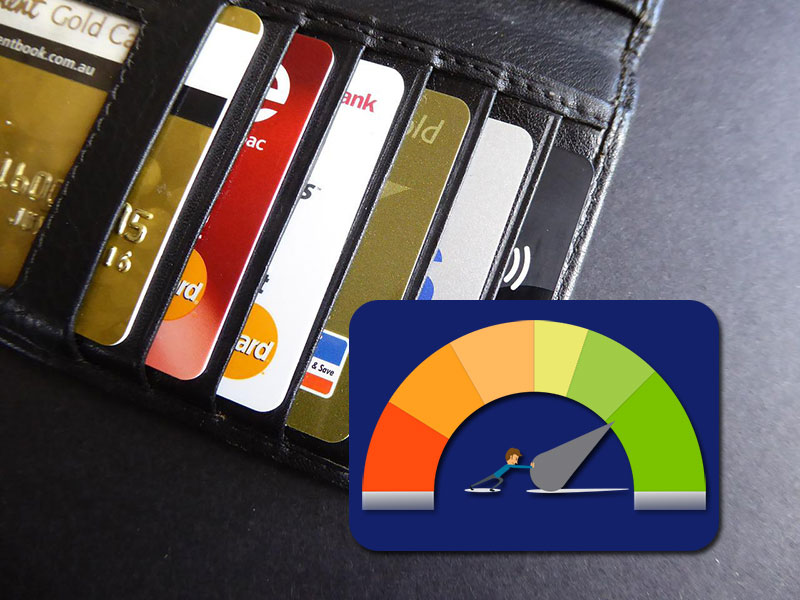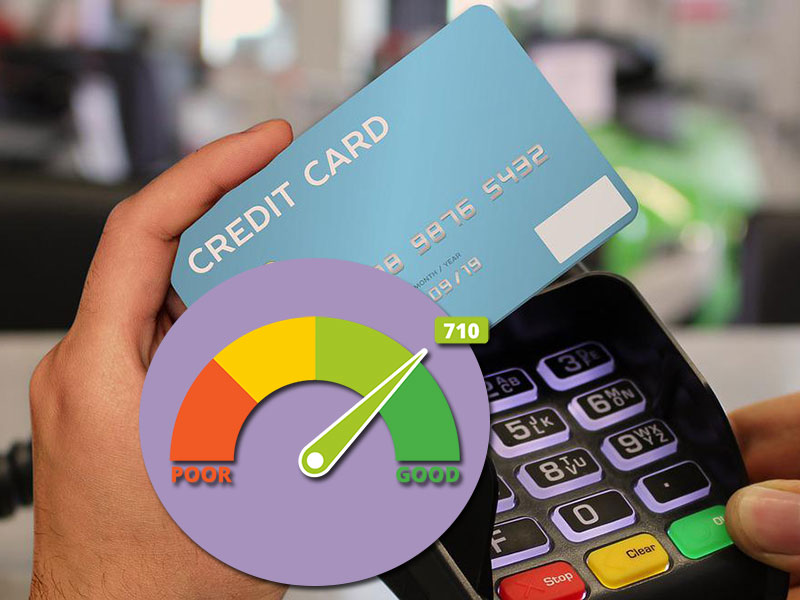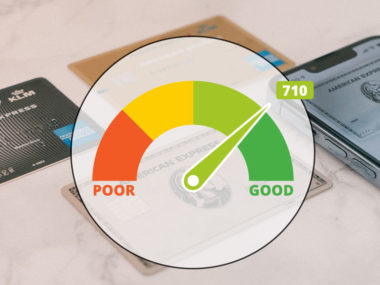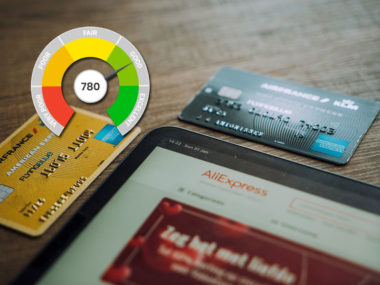
It isn’t always apparent how important a credit score is until you want to make a purchase that requires you to apply for a loan. Like most people, you may not give much thought to checking your credit report regularly.
Unfortunately, if problematic details are on your record, you may be in a serious bind when you can’t get funding approved. Educational resources online can help you learn ways to manage your credit.
Different types of information that affect your score make routine reviews a smart choice. You may wonder how often should you check your credit score. The answer to this question varies based on personal decisions, but these are good rules of thumb to know to protect your creditworthiness.

Table of Contents
What Should You Know About Credit Score Updates?
Your credit score is updated when lenders provide information regarding your accounts to the three major credit bureaus: Experian, Equifax, and TransUnion. If you check your credit record consistently, it can appear that your score updates often. There are numerous reasons your credit score changes, with these being primary factors:
- Applying for a new account
- Opening or closing credit accounts
- Reporting from a creditor about your payment history
- Reporting from a collection agency about recent payments
Credit scores can change quite a bit based on the utilization of open lines of credit and payment history when creditors send updates. Regular payments considerably affect your score, which is a good reason to review your report to ensure information is correct and no accounts are mistakenly reported as overdue.
How Often Should You Check Your Credit Score To Maintain Financial Health?
It has become popular for credit card companies to offer credit score updates. Many of these companies give unlimited access to your full credit report, as part of ongoing monitoring, for a monthly fee charged to your account. These services also provide fraud alert warnings for suspicious activities.
If you’re interested in continuously checking your report, the fee may be worth it to have access and peace of mind. Otherwise, these are times when it’s most important to check your credit score:
- Request an annual credit report to look for reporting errors or other issues
- Review your report if you suspect fraud or identity theft
- Get a copy of your report before applying for a loan (especially for vehicle loans and mortgages)
- Check your credit record quarterly to ensure collection companies are reporting your payments as agreed
While there are no absolute rules about how often should you check your credit score, it is crucial not to disregard your score altogether. You will likely want access to credit at some point in the future, and a poor score hinders your chances of getting approval or receiving the money you need.
Federal law requires all three credit bureaus to provide you with a free copy of your credit report annually. If you need to see the information more often, you can make record requests to the bureaus for a fee.
What Items Should You Check for on a Credit Report?
During your credit review process, some items need careful attention. How often should you check your credit score? One answer is frequently enough to track these areas. All the credit bureaus provide these four pieces of information:
- Open accounts: Check to make sure all open accounts are correct. Make sure no accounts have been opened in your name without your consent.
- Payment history: Review your balances against your account statements for accuracy. Payments can take time to update, depending on creditor reporting.
- Balance totals: Look at each account’s balances to ensure nothing is inaccurate. It’s a good idea to see where you are in terms of credit utilization for each account.
- Credit pulls: Notice what credit inquiries were made by creditors. There are soft and hard inquiries, and only the hard inquiries can negatively affect your score.
It is an excellent plan to set a schedule for checking your credit score on an annual, semi-annual, quarterly, or monthly basis and stick with it. This pre-planning ensures you don’t forget to check your report. Again, if problems arise, you can get a copy of your report right away by making a request or signing up for a service.
How Often Should You Check Your Credit Score To See If You Are in the Good Range?
The whole point of checking your credit score is to see it moving in the right direction, hopefully. On a credit report, your score stands out in bold letters at the top of the page. Sometimes this is all that is searched for on inquiries.
A good credit score opens all sorts of doors. More than just lenders use this information. Some employers do credit checks before hiring. Landlords use it to screen applicants. A good score can prevent the need for a security deposit for utilities. These are how reports categorize scores:
- Exceptional: 781 to 850
- Good: 661 to 780
- Fair: 601 to 660
- Poor: 600 to 300
As a general rule, most lenders look at scores above 700 as good. It is important to check where you are on the scoring scale, so you can keep making moves toward higher marks. Online information resources help you learn about obtaining credit and understanding all the benefits. Make use of tools to educate yourself about credit decisions so that you can enjoy a lifetime of financial advantages.
Our Services Can Help With This Question: How Often Should You Check Your Credit Score?
It’s easy to get busy with life and not consider matters related to your financial well-being. Finding the right informational tools to gain knowledge can put you on the right track. Fiscal Tiger is your resource when you have essential financial questions such as how often should you check your credit score? We educate you regarding personal finance issues, so you can take control of money decisions and build exceptional credit. It is our mission to help people become fiscal tigers. Find more of the credit score resources we offer.





